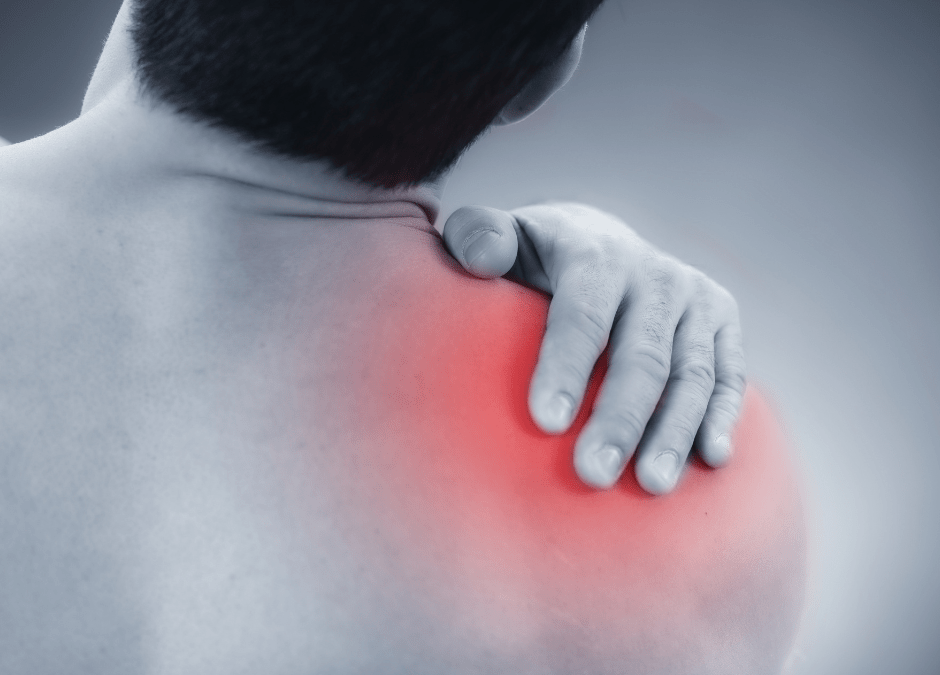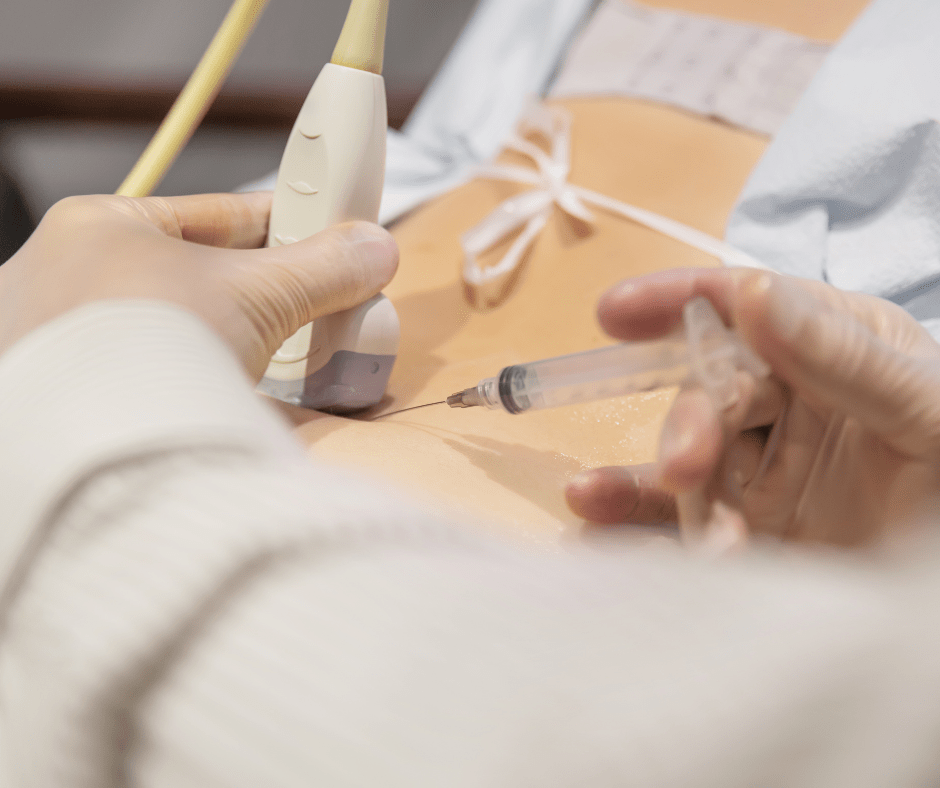Treatment for shoulder pain in Wandsworth
Shoulder pain is very common
Shoulder pain is the third most common problem that people report to us at Wandsworth physiotherapy for, behind back pain and knee pain. We know that shoulder problems can take a long time to resolve. For example, a frozen shoulder that is not treated could take 1 to 2 years to resolve and some recent research has pointed towards shoulder tendinopathy taking around 10 months to resolve.
The most common shoulder problem, with reports of it being as high as 85%, are caused by the rotator cuff. The rotator cuff is a group of muscles and tendons that help to support the shoulder the joint, especially when moving the arm – lifting, throwing and pulling. There are rarely problems with the muscles of the rotator cuff, it is usually the tendons that suffer the brunt of injury. Around 80% of the time it is the supraspinatus tendon that is affected.
Treatment for rotator cuff tendinopathy
Problems include rotator cuff tears and tendinopathy. Rotator cuff tears is can be classified as either being full thickness (the full depth of the tendon is torn), or partial thickness tears – being either greater than or less than 50% of the tendon depth. We know from research that rotator cuff tears happen as we age with 50% of 80-year-olds having a rotator cuff tear that is asymptomatic, however we do know that tears in those that are younger than 60 may well be symptomatic. Rotator cuff tendinopathy is also quite common. This pathology does not include tears, but microtrauma, thickening and degeneration within the rotator cuff tendons.
When we attempt to diagnose a shoulder problem we sit and talk with a patient listening to their story, how they may or may not have hurt the shoulder, if they have changed activity levels recently and about how their symptoms change through the day. Next, we do a physical exam looking at range of movement of the shoulder and a host of shoulder strength and stability tests. Unfortunately, we do know from research that our shoulder tests do not necessarily stress the structures that we think they do, therefore are not diagnostic. However, when we combine the patients story, with the clusters of tests we use we can start to get an understanding of which structures we think are contributing to a person’s symptoms.
Ultrasound scans for shoulder pain
We can also combine the patient’s story and our physical tests with imaging. We know that ultrasound imaging is extremely useful for the shoulder. Some clinics like ours can perform an ultrasound scan where we can look at the rotator cuff tendons and the bursa. Ultrasound has been shown to be very accurate and reliable, similar to MRI scans . Once we have a complete picture of your shoulder problem, we can discuss treatment options.
Full thickness rotator cuff tears in younger people that are symptomatic may well require surgery however this is not always the case. A rotator cuff strengthening program is still very useful to try first and there is emerging evidence that PRP injections into the tear may help. Partial thickness tears are very suitable for PRP injections as the PRP solution stimulates repair within the tear. This should also be combined with a rotator cuff strengthening program. Rotator cuff tendinopathy does respond very well to a rotator cuff strengthening program, however as pointed out earlier it may take 6 months or more for it to fully resolve. An adjunct to treatment includes either dry needling and shockwave therapy to the tendon, or a PRP injection into the tendon and overlying bursa.
Ultrasound guided steroid injections for shoulder bursiits, frozen shoulder and tendinitis.
At Wandsworth Physiotherapy and Osteopathy we have developed a Shoulder and Upper Limb Pain Assessment Clinic. This is ideal for people with shoulder pain who want to know how to manage it. This appointment is a 45 minutes assessment and treatment session including an ultrasound scan.





